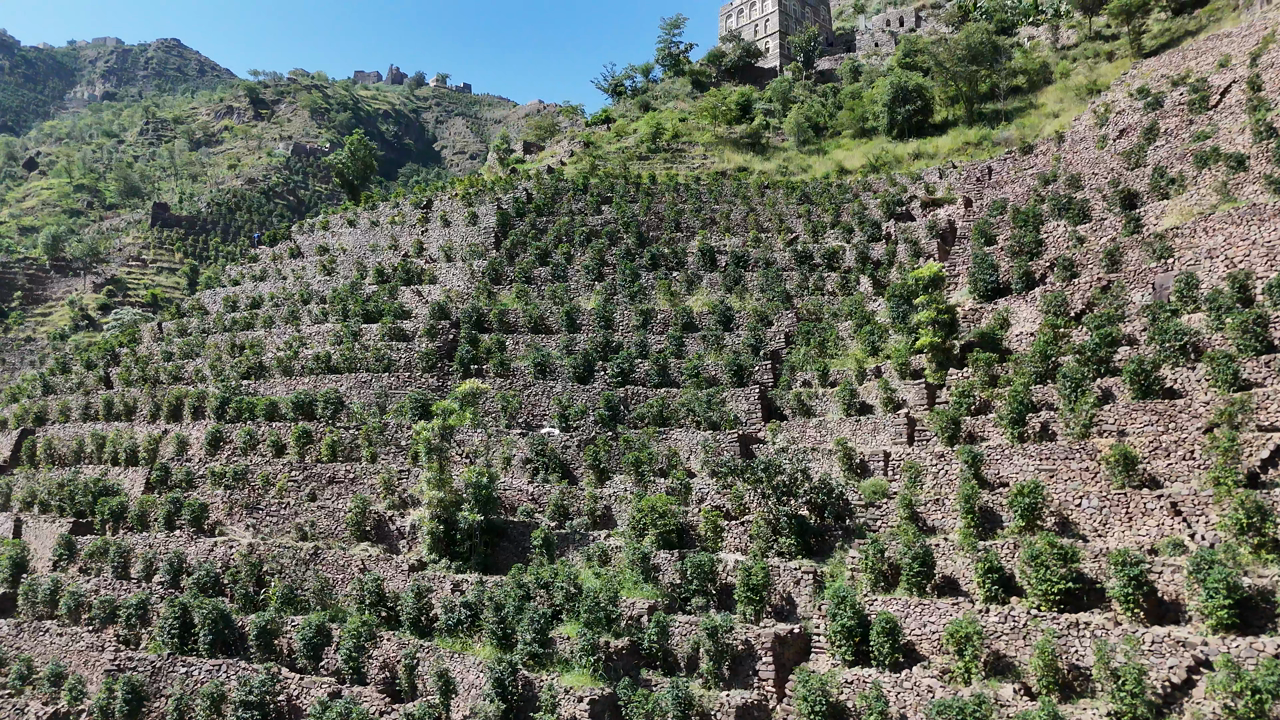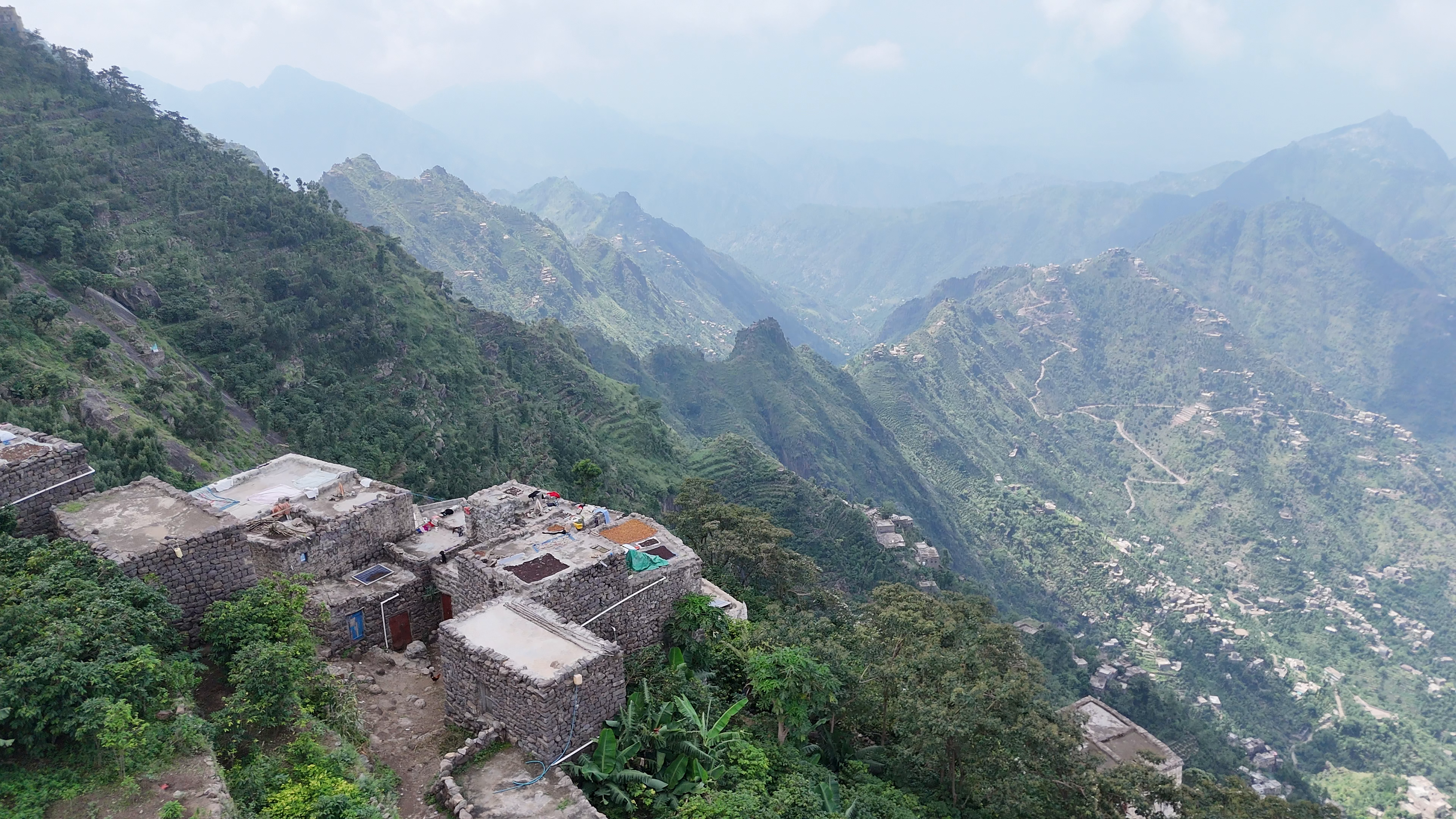The birthplace of coffee's soul
In the misty mountain terraces of Yemen, coffee is not only considered a crop—it is a covenant. Here, over 500 years ago, Sufi monks first brewed coffee, igniting a global obsession when British traders entered upon the port city of Mokha and uncovered the beverage's invigorating allure. Yemen's gift wasn't just a commodity, but a craft, nurtured like a living being through generations of dedication and commitment.
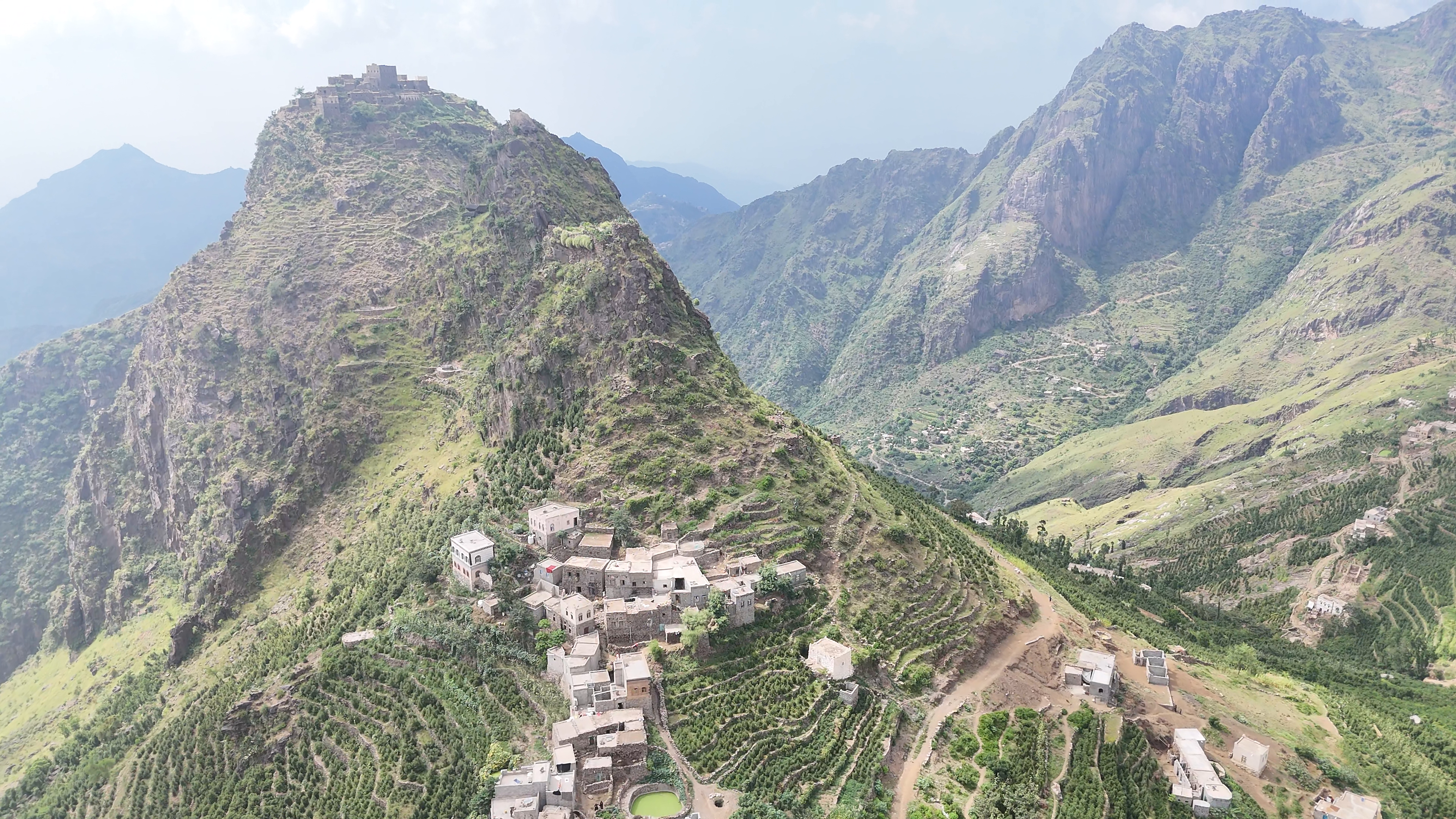
Where Terroir Writes the Flavor
Yemen's coffee grows in valleys or on hand-carved terraces clinging to cliffs, grazed by the sun and hardened by the arid winds. Few dare to cultivate in these harsh conditions. Due to the high altitude—roughly 1,200-2,400 meters above sea level—time itself slows for these coffee beans: cherries ripen languidly, concentrating sugars into flavors so rare, the sensory it affords is often considered the pinnacle of ancestral coffee.
Each terrace and its locale tells a different story. East-facing slopes, bathed in dawn light, yield floral elegance. West-facing plots, warmed by the rays of a fading sun, burst with fruity berry flavors.
Unlike the abundant harvests of other countries, Yemeni coffee is untamed, thriving in harsh conditions. This forge beans with a crisp, electrifying brightness— like "fireworks in the mouth"—followed by a lingering sweetness akin to caramel, wine, or sandalwood.
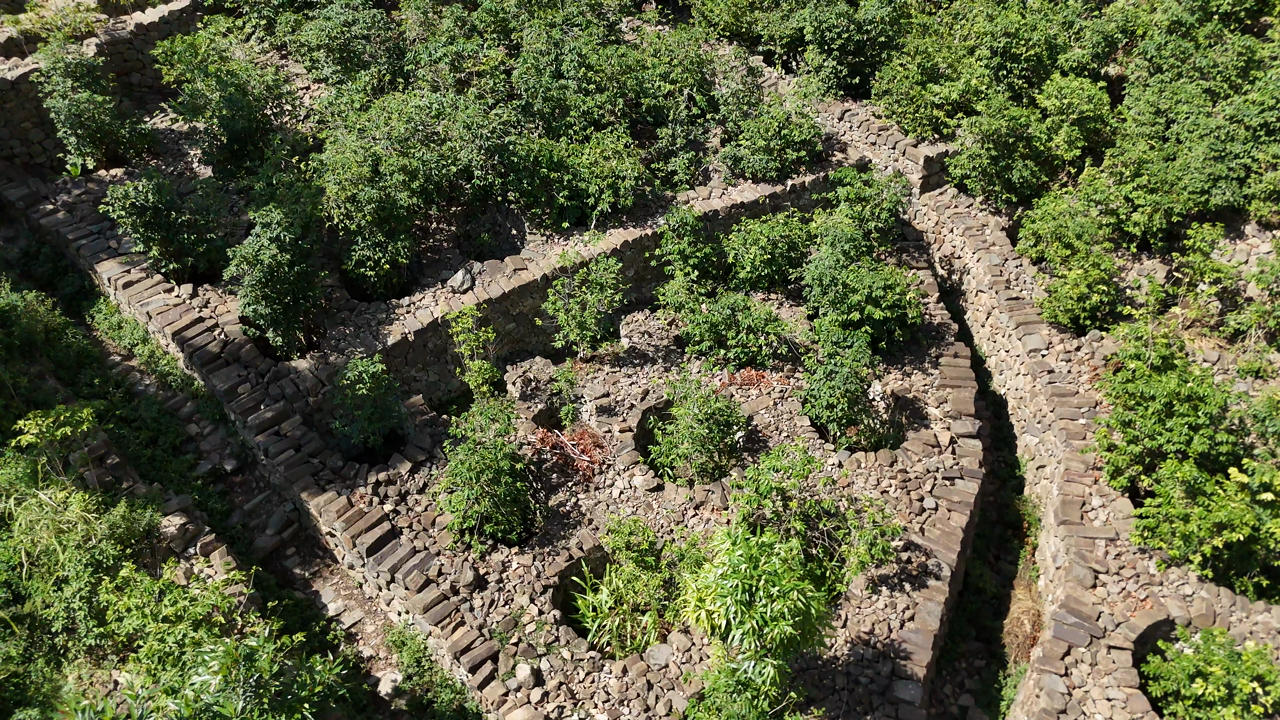
A Ritual, Not a Recipe
For Yemenis, coffee is a sacred pledge between land and labor. Farmers treat each tree as kin, rejecting industrial shortcuts. While the world races toward commodification and trendy fads in the way it processes the coffee, Yemen returns to its roots: sun-dried cherries, brushed by mountain air, preserving a purity lost to modernity.
Even the "waste" from the coffee is sacred. For centuries, farmers drank qishr (commonly referred to as cascara for washed coffees)—a golden brew of coffee husks, ginger, and cinnamon born from an era of commerce when every bean was too precious to consume. Today, this "Arabic whiskey" remains a rustic ritual, its caffeine spark still potent enough to outlast the night.
The Hidden Cost of Rarity
Yemeni coffee is scarce by design. Only a sliver of beans escape the mountains, as small farms (guardians of heirloom varietals) lack the means to ship abroad. What reaches your cup is a relic: less than 0.1% of global production.
Yet this scarcity is not exploitation. Unlike estates monopolized by dynasties, Yemen's coffee trade remains fiercely democratic. Anyone with passion and perseverance can join—no gatekeepers, no shadows. Sincerity and drive will allow anyone to enter the market and share in its bounties.
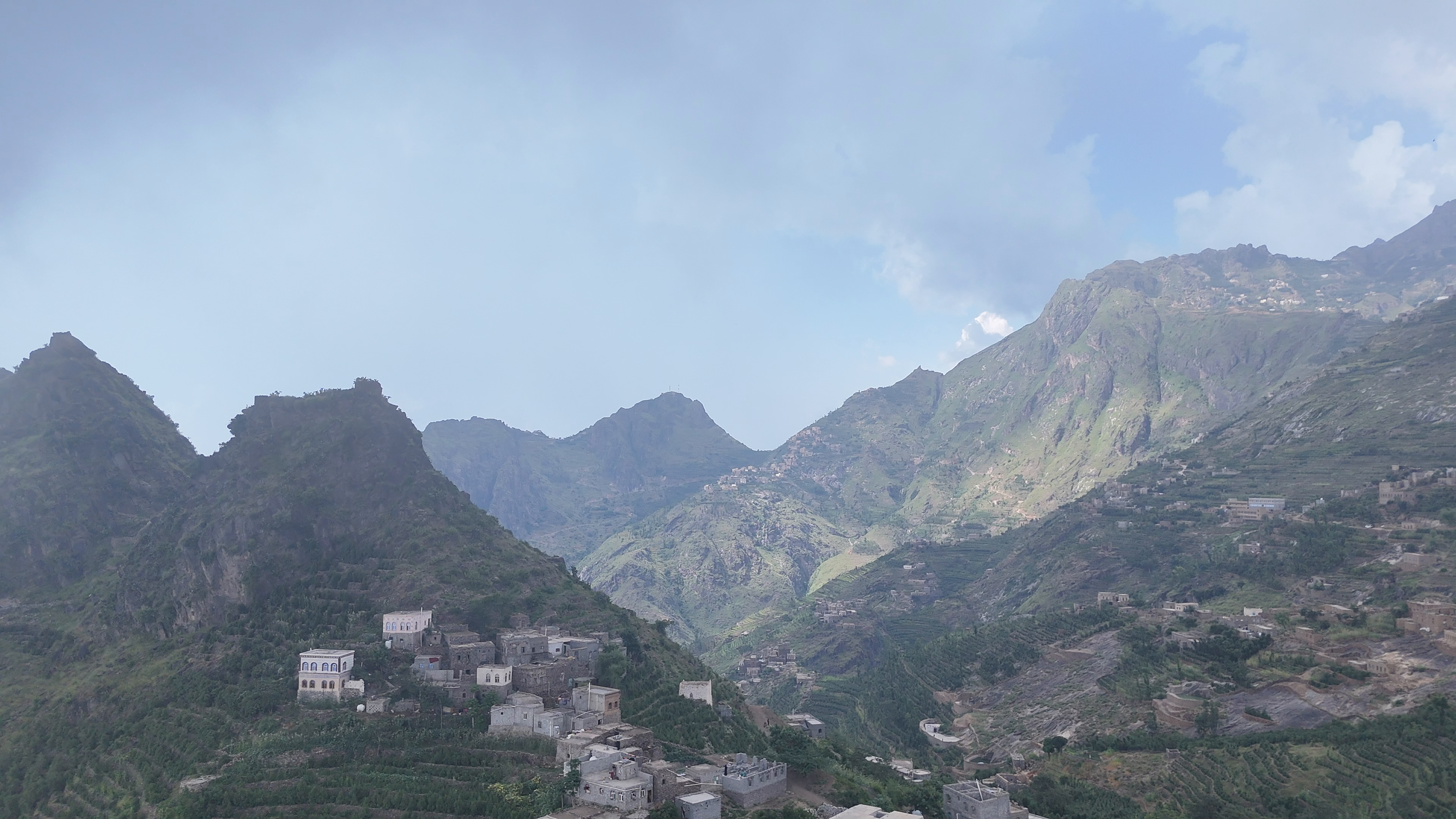
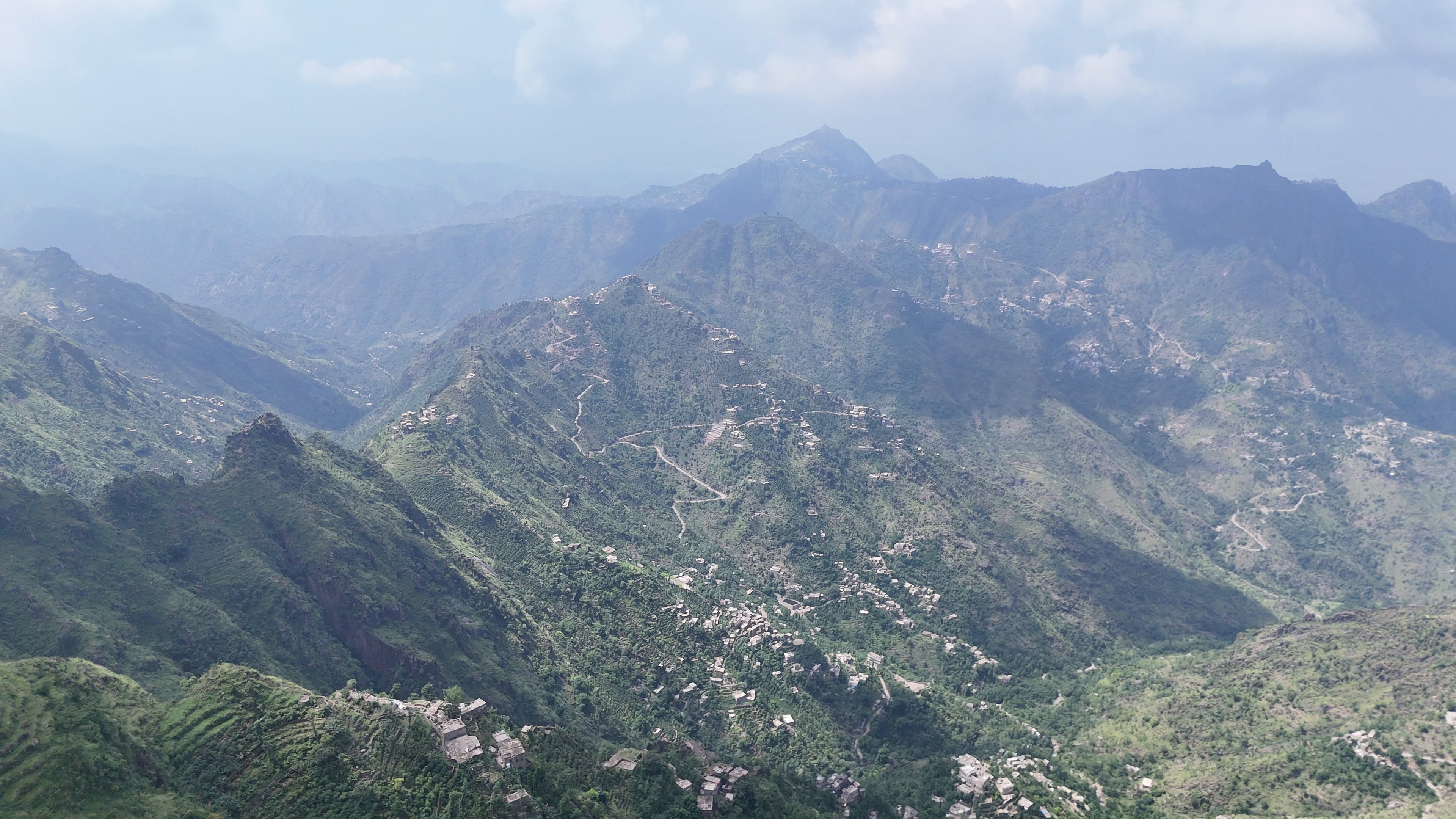
A Cup That Carries Centuries
When you encounter "Yemeni coffee" in cafes, it is often an homage—not an original. Traditional shops serve qahwa or qishr, spiced brews steeped in culture but veiling the bean's true voice. It's a tradition born from necessity: centuries ago, the finest beans sailed to foreign shores, while locals sipped husks and blends. What reached Europe in the 1600s was pure Yemeni coffee, and our beans here at MochaLux resurrect that lineage—not at all modified to accommodate for the global commercialization of coffee beans. Each lot we purchase from has a specific mountain, farmer, harvest moon, and story that we deeply cherish. We carry only the best of what our land has to offer.
Our catalog offers something rarer: the untainted soul of Yemen.
A Final Sip of Truth
These beans are true, specialty Yemeni coffee beans—raw, wild, and unblended—not compromised by additives. Specialty-grade Yemeni coffee needs no mask of spices to make a sip enjoyable. The clarity of the coffee beans is the crown. They carry the floral crescendos and wine-kissed finishes that once made the city of Mokha the envy of empires. This is not the coffee of Yemen; this is the coffee that built Yemen.
For centuries, the world drank Yemen's legend. Now, you can taste its living memory.

